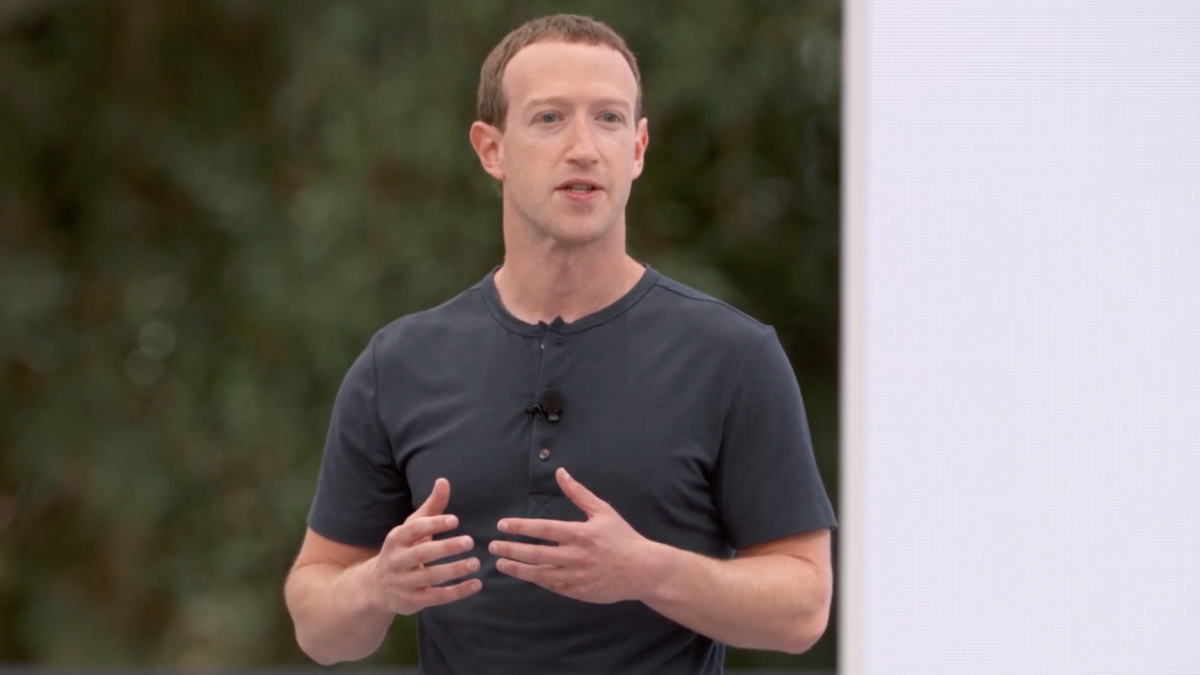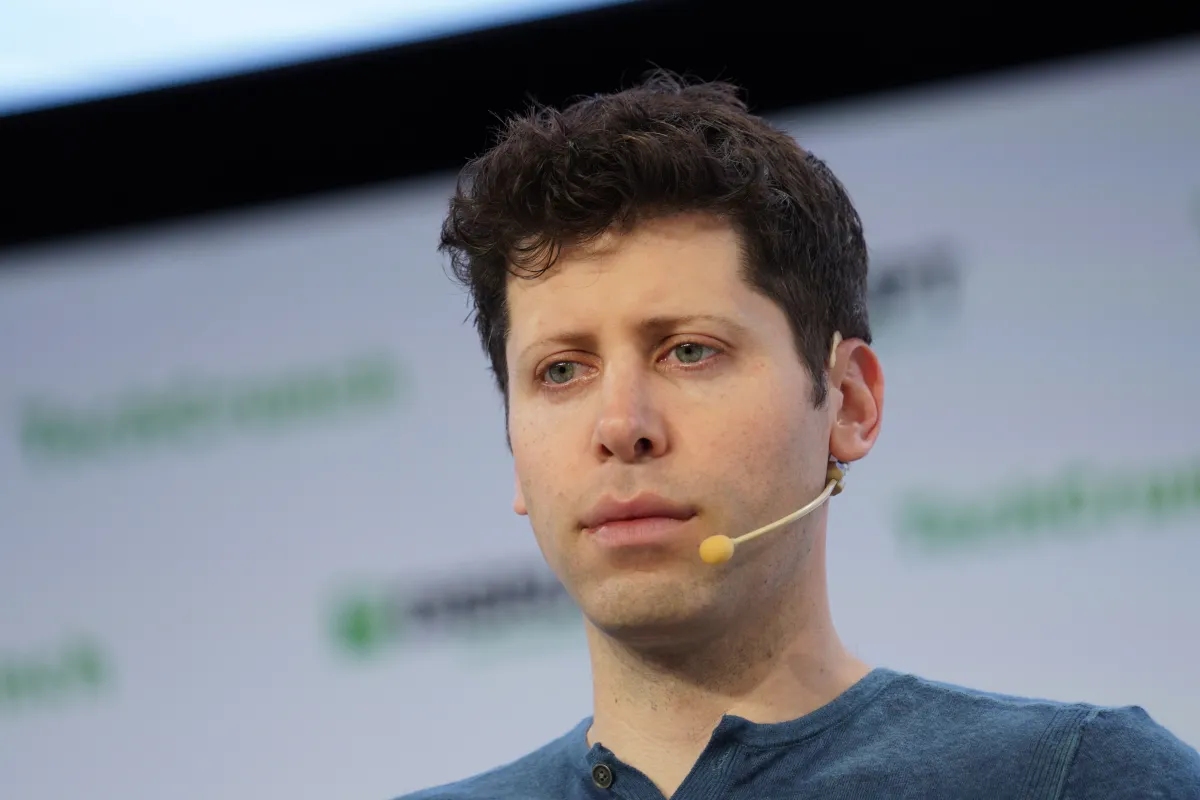
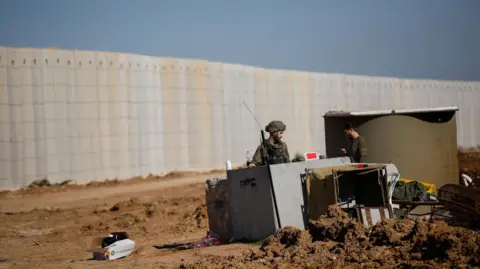 Reuters
ReutersThe deadline for Israel’s withdrawal from southern Lebanon expired early Sunday, but troops will remain in some areas as Israel says a ceasefire deal with Hezbollah has not been fully implemented.
60 day agreementwhich was brokered by the United States and France and brought an end to the 14-month conflict, stipulated the withdrawal of Israeli forces from southern Lebanon and the removal of Hezbollah fighters and weapons from there.
At the same time, thousands of Lebanese soldiers will be deployed in the region where Hezbollah has, for decades, been the dominant force.
This is the first major test for Lebanon’s new president, army chief Joseph Aoun, who is keen to bring stability to the country.
On Saturday, his office said “intensive communications and consultations” continued to address the situation in the south, including “dangerous Israeli practices.”
It is not clear how Hezbollah will respond, but any resumption of hostilities is likely to face strong opposition in the country.
The conflict escalated last September, with an intense Israeli air campaign across Lebanon, the assassination of senior Hezbollah leaders and a territorial invasion of southern Lebanon.
The attack killed about 4,000 people in Lebanon – including many civilians – and displaced more than 1.2 million people.
On Friday, the Israeli Prime Minister’s Office said that the withdrawal outlined in the ceasefire was “conditional on the Lebanese Army deploying in southern Lebanon and fully and effectively enforcing the agreement, while Hezbollah withdraws beyond the Litiani,” a river about 30 kilometers (20) (20) Miles) of the Blue Line – the unofficial border between Lebanon and Israel.
“Since the ceasefire agreement has not been fully implemented by the Lebanese state, the gradual withdrawal process will continue, in full coordination with the United States,” the statement said.
It was also not clear how many Israeli soldiers remained in the country.
In a statement on Saturday, the Lebanese army said it continued to “implement the plan to enhance deployment” in areas along the border, but there was “a delay at some stages due to the Israeli enemy’s procrastination in withdrawing, which complicates the army’s deployment mission.”
He also urged residents to refrain from returning to the border areas.
There was no immediate reaction from Hezbollah. On Thursday, the group said failure to comply with the deadline would be a “flagrant violation of the agreement, a violation of Lebanese sovereignty, and the entry of a new phase of the occupation.”
But the statement did not say how the group would respond if Israeli forces remained in the country.
A Western diplomatic official familiar with the negotiations, who spoke on condition of anonymity to discuss the talks, said Israel said it needed more time to destroy Hezbollah infrastructure in southern Lebanon, and that the initial plan was for a 30-day extension.

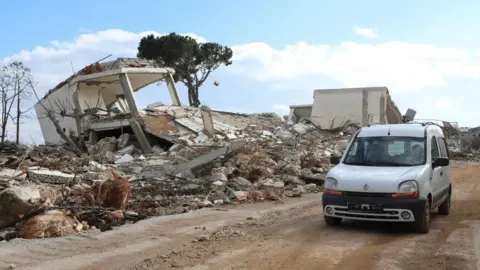 Reuters
ReutersHezbollah’s lack of comment on how to respond is an indication of the delicate position the group finds itself in.
The Iranian-backed, political and social movement, has been severely weakened in the conflict with Israel, although it continues to enjoy significant support among Shiite Muslims in Lebanon.
The ceasefire was widely seen as a surrender by the group, after seeing its infrastructure and weapons arsenal depleted and hundreds of fighters and key figures killed, including long-time leader Hassan Nasrallah.
Despite some violations, the truce put an end to violence that caused billions of dollars in destruction and damage, Allowing thousands of residents to return to their homes in Lebanon.
If it decides to resume its attacks, Hezbollah will face opposition from critics, who have accused the group of dragging Lebanon into a war that was not in the country’s interests, and perhaps even from some of its supporters.

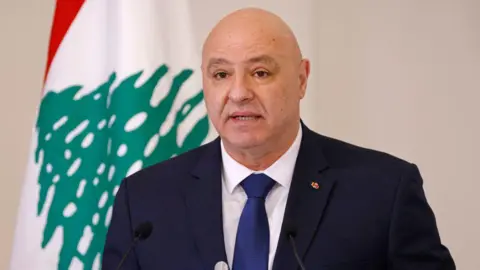 Getty Images
Getty ImagesHezbollah’s political influence has also declined.
Earlier this month, Lebanon’s parliament was able to The president was elected after more than two years of political impasse Blame by critics on the group.
AUON promised ambitious reforms to rebuild state institutions long plagued by corruption, revive the collapsed economy after years of crisis, and the right to monopolize the possession of weapons, which means an attempt to curb Hezbollah’s military power.
It remains unclear whether the military is able – and willing – to do so, amid concerns that any action against the group could spark internal violence.
Israel’s stated goal in its war against Hezbollah was to allow the return of some 60,000 residents displaced from communities in the north of the country due to the group’s attacks, and to remove them from areas along the border.
Hezbollah launched its campaign the day after Hamas attacks on southern Israel on October 7, 2023, saying it was acting in solidarity with Palestinians in Gaza.
https://ichef.bbci.co.uk/news/1024/branded_news/ffa3/live/9c6f92e0-db27-11ef-b336-4b5c8fc3bcab.jpg
2025-01-26 03:51:00

